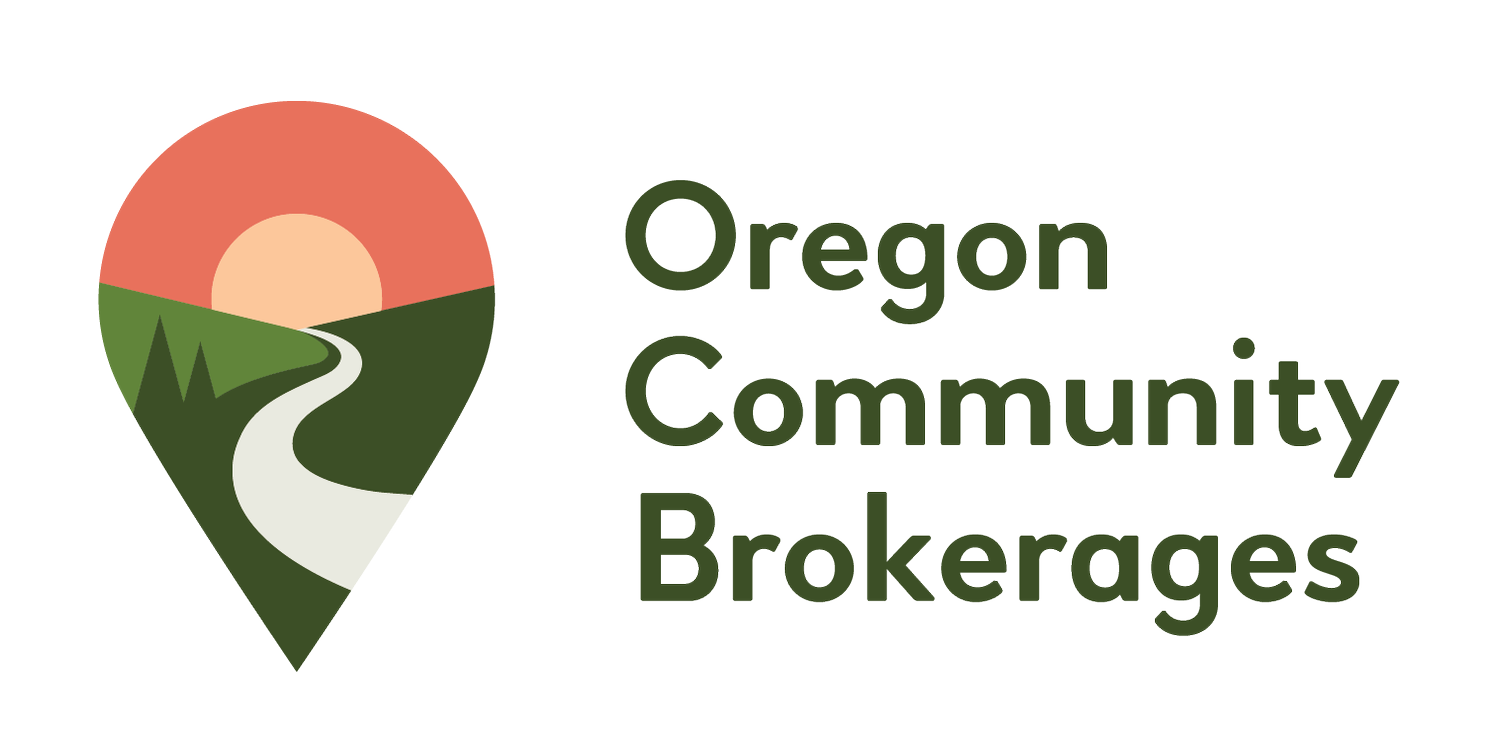A Diversity of Services Requires A Diversity of Providers
Community-based services are different. In 2001, Oregon made a deep investment in community supports when it began to develop Support Services Brokerages. This style of service, which seeks to serve people where and how they wish to live, is very different from the institutional settings of the past. People make different choices when you let them, they express different needs than you might have anticipated--they surprise you. Oregon found that community-based services demanded a wider diversity of providers. People inviting workers into their homes expected different things from those providers: willingness to take direction directly from the individual as to how to do the job, and an understanding and respect for self-determination. Brokerage customers made use of established provider agencies for some tasks, direct employees for others; and over the years, Independent Contractors, or professionals in the field who go into business for themselves, have also sprung up around in-home services and customer needs.
Independent Contractors often offer a professional level of skills and experience, as well as ancillary expertise such as sign language, to provide the targeted training needed to build a more independent life. For many people, an experienced, capable, autonomous, self-employed trainer has meant the difference between continuing to rely on others and acquiring the skills to live more independently. Over the years, Independent Contractors have been essential to providing this kind of high-level skills training to Brokerage customers.In 2014, the Independent Contractor stakeholder work-group mandated by the SEIU/DHS collective bargaining agreement issued a report concluding that changes to the system had likely made legitimate classification of independent contractors next to impossible. The group’s work included consultations with The Oregon Employment Department. Systemic changes due to the K state plan, overlay of union representation, implementation of the eXPRS payment system, and new rate structures have all resulted in incremental shifts, accumulating to a significant transformation of the business of Independent Contractors within the field. This shift has jeopardized their correct classification as Independent Contractors by moving them closer and closer to the appearance of employees.
Brokerages believe and have always believed that Independent Contractors fill a particular need among brokerage customers. Diversity of providers has been a hallmark of the brokerage system since its inception. The elimination of Independent Contractors as a distinct class of providers with a distinct set of skills to offer people with IDD will be a significant loss to the people being served by Oregon. When high-caliber skills training and the people who provide it are no longer supported by appropriate compensation, it starts to disappear as an option for the people who need it. Community-based IDD services require people who can offer strength-based supports--people who can work with a person to understand a goal, create achievable steps, and get there. OSSA supports a true diversity of provider options to meet the diversity of individual needs.
PSW-ICs deserve our support. This group of people who have established businesses around the unique needs of Oregon’s IDD community, people who have built these skills and relationships, deserve a solution that allows them to continue to flourish and contribute their professional talents to serve the unique needs of Oregonians.

